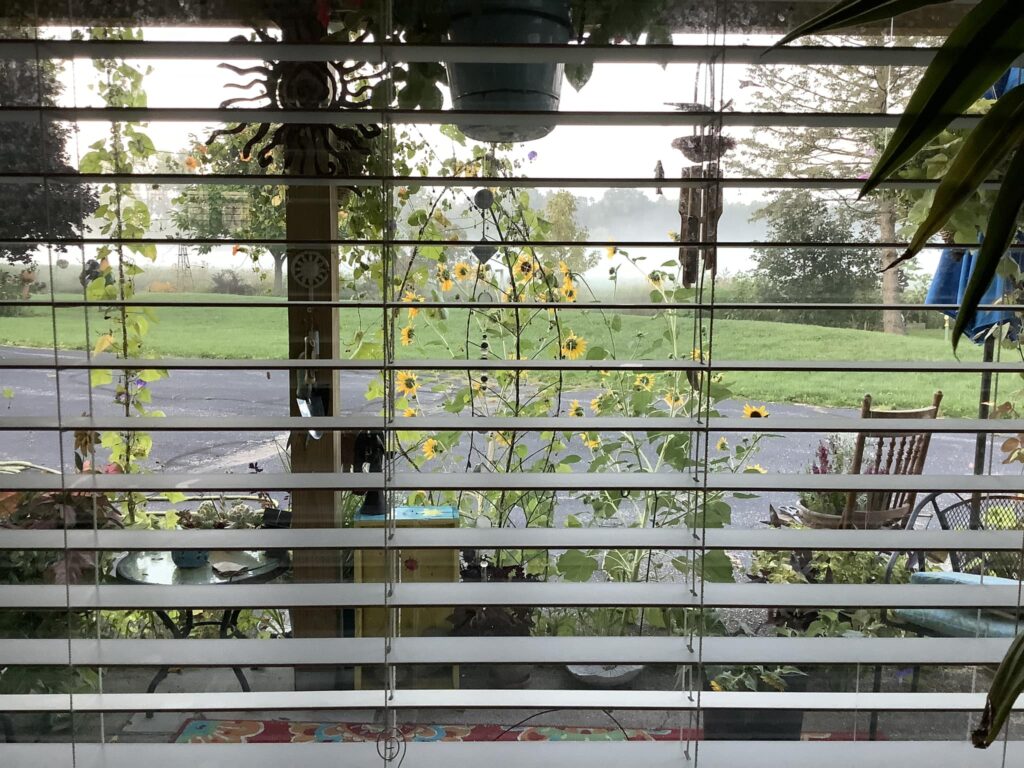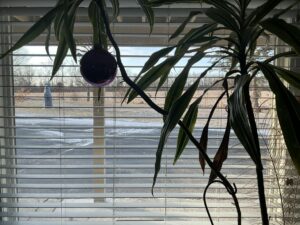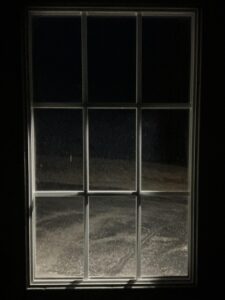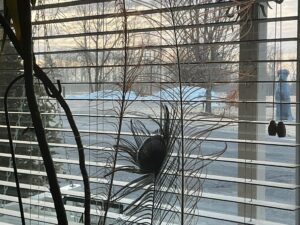Originally posted on Facebook HERE
November 1st will be 36 years sober for me. Sobriety doesn’t usually change an obsessive/compulsive personality. It just removes drugs and alcohol as one of the obsessions. But – how?… after 15 years where drugs and alcohol were basically what I had built my entire life around – how was I able to just say no from that day forward?… I’m still not really 100% sure. I do feel somewhat “lucky”, I guess – because after about two weeks into treatment I lost all my desire to ever use again, and I can truthfully say to this point I’ve never even been tempted to use at all. I know many people who struggle with sobriety, or slip and fall back into bad habits, but it’s not even on my radar and really never has been since I quit. How is that possible?… obsessions can be sneaky, ya know. AA calls alcohol “cunning, baffling and powerful”. I think that applies to all the obsessions, but is especially noticeable in the “bad” ones. “Good” obsessions usually start within ourselves and on purpose. Like, you get disgusted with your overall health and decide to start running or hit the gym every day and get obsessed with that. It didn’t really sneak up on you, you made a plan, stuck with it and created a new “good” obsession for yourself. The “bad” ones… drugs, alcohol, gambling, debt, food, smoking, sex, anything that is a constant source of anxiety and despair for you but you can’t seem to stop… they sneak their ways into your life. And before you know it they start sucking life away from you. One day you wake up and think, you know what?… I have a problem here. So do you realize the problem and just quit doing it? Nope. If it’s truly an obsession it’s seldom that easy. You try to quit, and at first you bargain with yourself to “limit” the behavior – during the times preceding my sobriety I tried not drinking but only using other drugs, drinking only beer (no shots), drinking near beer and only shots (that was interesting), and numerous other things before I finally quit for good. At some point there usually needs to be a bottom. A point where you realize you’re powerless over the behavior. Then what? I was an agnostic when I got sober. I ignored all the AA stuff as replacing an alcohol addiction with an addiction to God after reading the twelve steps – God is all over the 12 steps. But there is a chapter in the AA big book to the agnostic. They are very liberal as far as what you want to call your “higher power”. A power greater than ourselves. All I know is that it worked for me. I had to give up and admit defeat. I was, I am, I always will be powerless over drugs and alcohol. They win. I lose. I hate losing. I prefer being in control to being powerless. But on that day I gave up. November 1st, 1988. I was 29 years old. Best… decision… ever. Life still hands you lemons once you drop a bad obsession, but my worst days now are way better than my best days then. And anything life throws at me, well – I’ve lived through worse. Doesn’t mean bad obsessions can’t make their way back into your life, though – pretty much guaranteed they will. But I’m extremely cautious about what I get obsessed with these days. I think “work” is an obsession for me that I need to monitor these days lest it take over my life. I go through periods where I make “health” an obsession as well, on purpose. Even healthy obsessions are born from a bottom, though. Life has ebbs and flows. Obsessions will tug you both ways. Watch out for the ones that try to pull you out to sea… you can drown there. Become obsessed with all the good things life has to offer – reading, writing, music, nature, walking, running, biking, meditation and spirituality, hanging out with friends and family – whatever it is for you. Admit when you’re powerless and let the bad obsessions go. Get help if you need to. It might be the best decision you ever made…







